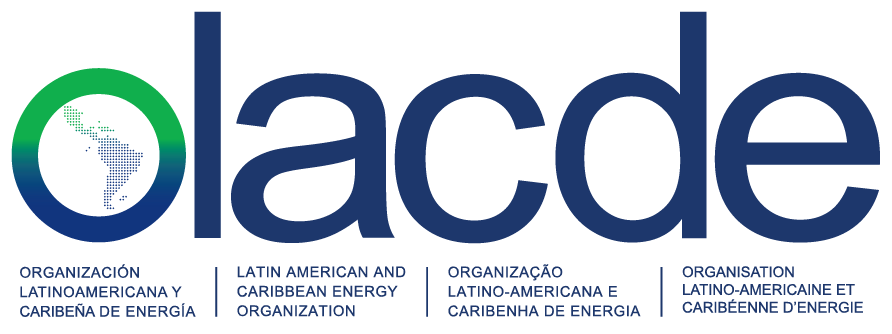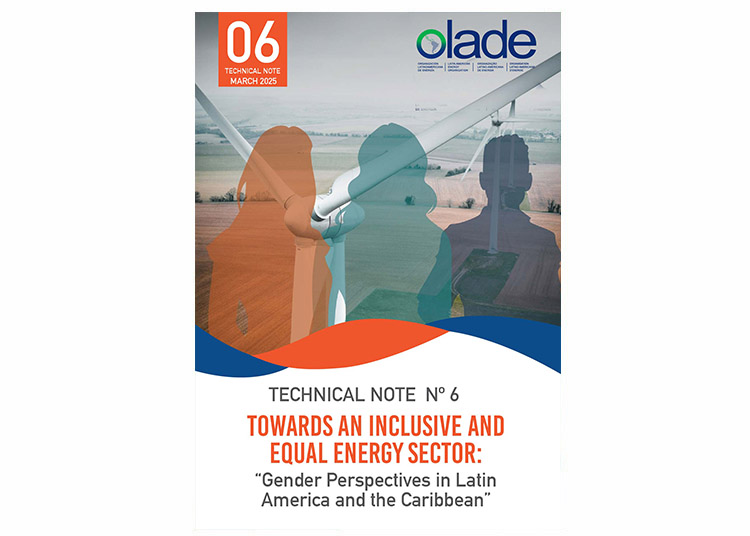Countries in Latin America and the Caribbean (LAC) face the challenge of transforming their energy sector to align with global sustainability commitments. Nevertheless, this transition will remain incomplete without addressing gender inequality within the sector. At present, men comprise 74% of the energy workforce, with a predominance in technical and leadership positions—limiting inclusion and diversity in decision-making processes.
Energy poverty and limited access to modern services disproportionately affect women, increasing their unpaid workload and limiting their educational and economic opportunities. Moreover, barriers in STEM education and the underrepresentation of women in leadership roles hinder their participation in the energy transition.
To address these gaps, it is essential to implement gender approach policies, including technical assistance, leadership training, support networks, and collecting disaggregated data. Promoting gender equality in the energy sector not only advances sustainable development but also strengthens innovation and resilience in the sector. This technical note examines the challenges and opportunities for advancing towards a more inclusive and equitable energy sector in LAC.


